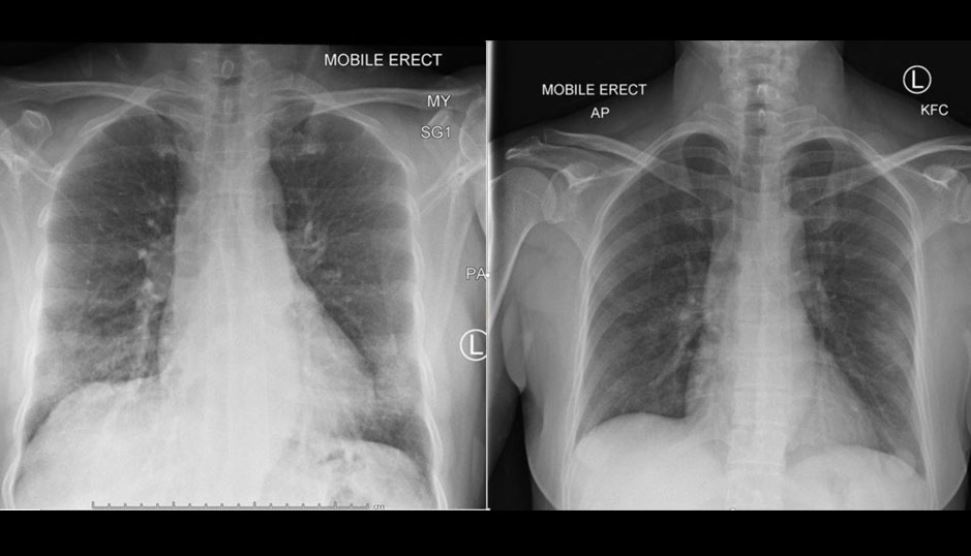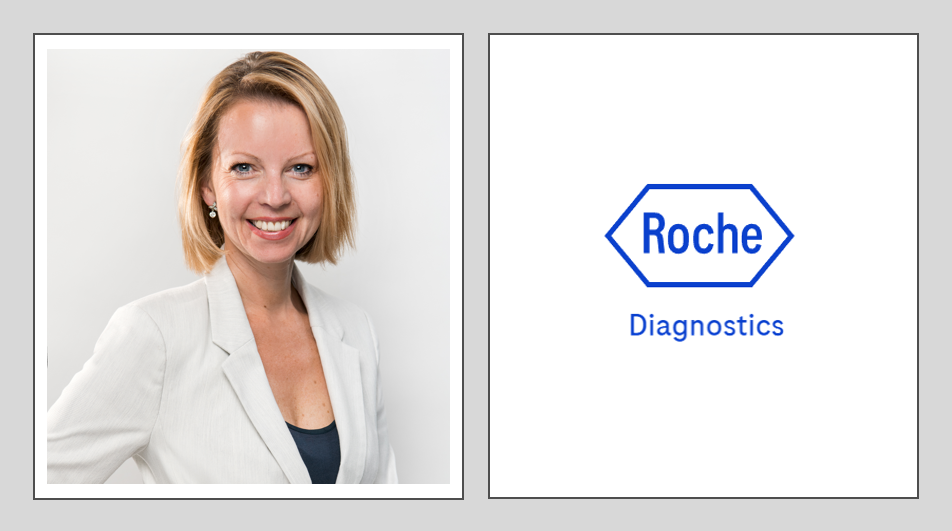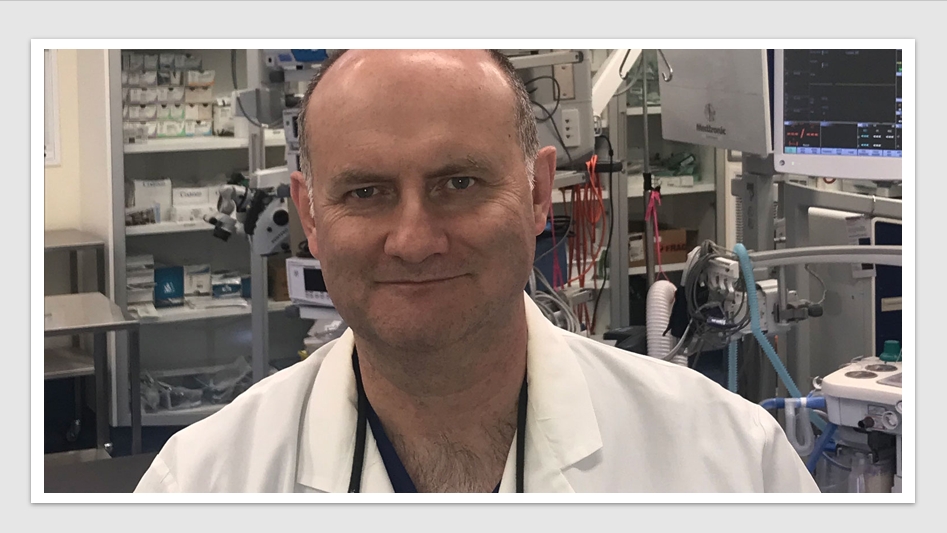Medical
Melbourne researchers map immune response to COVID-19

Medical News: Melbourne researchers have mapped immune responses from one of Australia’s first novel coronavirus (COVID-19) patients, showing the body’s ability to fight the virus and recover from the infection.
Researchers at the Peter Doherty Institute for Infection and Immunity (Doherty Institute) – a joint venture between the University of Melbourne and the Royal Melbourne hospital – were able to test blood samples at four different time points in an otherwise healthy woman in her 40s, who presented with COVID-19 and had mild-to-moderate symptoms requiring hospital admission.
Published today in Nature Medicine is a detailed report of how the patient’s immune system responded to the virus. One of the authors on the paper, research fellow Dr Oanh Nguyen said this was the first time that broad immune responses to COVID-19 have been reported.
“We looked at the whole breadth of the immune response in this patient using the knowledge we have built over many years of looking at immune responses in patients hospitalised with influenza,” Dr Nguyen said.
Register FREE and join 20,000+ industry professionals who receive the latest industry news, innovations and insights from Health Industry Hub; the ONLY one-stop-hub connecting Australia’s Pharma, MedTech and Biotech industry professionals.
“Three days after the patient was admitted, we saw large populations of several immune cells, which are often a tell-tale sign of recovery during seasonal influenza infection, so we predicted that the patient would recover in three days, which is what happened.”
The research team was able to do this research so rapidly thanks to SETREP-ID (Sentinel Travellers and Research Preparedness for Emerging Infectious Disease), led by Royal Melbourne Hospital Infectious Diseases Physician Dr Irani Thevarajan at the Doherty Institute.
SETREP-ID is a platform that enables a broad range of biological sampling to take place in returned travellers in the event of a new and unexpected infectious disease outbreak, which is exactly how COVID-19 started in Australia.
“When COVID-19 emerged, we already had ethics and protocols in place so we could rapidly start looking at the virus and immune system in great detail,” Dr Thevarajan said.
“Already established at a number of Melbourne hospitals, we now plan to roll out SETREP-ID as a national study.”
Working together with University of Melbourne Professor Katherine Kedzierska, a laboratory head at the Doherty Institute and a world-leading influenza immunology researcher, the team were able to dissect the immune response leading to successful recovery from COVID-19, which might be the secret to finding an effective vaccine.
“We showed that even though COVID-19 is caused by a new virus, in an otherwise healthy person, a robust immune response across different cell types was associated with clinical recovery, similar to what we see in influenza,” Professor Kedzierska said.
“This is an incredible step forward in understanding what drives recovery of COVID-19. People can use our methods to understand the immune responses in larger COVID-19 cohorts, and also understand what’s lacking in those who have fatal outcomes.”
Dr Thevarajan said that current estimates show more than 80 per cent of COVID-19 cases are mild-to-moderate, and understanding the immune response in these mild cases is very important research.
“We hope to now expand our work nationally and internationally to understand why some people die from COVID-19, and build further knowledge to assist in the rapid response of COVID-19 and future emerging viruses,” she said.
News & Trends - MedTech & Diagnostics

Roche Diagnostics MD bids farewell after two-decades, leading the organisation to new heights of success
Diagnostics & MedTech News: The Managing Director of Roche Diagnostics Australia, Allison Rossiter, has announced her resignation, effective September 2024. […]
MoreNews & Trends - Pharmaceuticals

Is Australia ready to play a leading role in precision nuclear medicines?
Pharma News: A newly released discussion paper unveils Australia’s preparedness to take the helm in the rise of the global […]
MoreNews & Trends - MedTech & Diagnostics

Minimally invasive procedure a first in epilepsy treatment
MedTech & Diagnostics News: An Australian-first procedure utilising MRI-guided, minimally invasive surgery has been introduced for the treatment of epilepsy […]
MoreNews & Trends - Pharmaceuticals

Stakeholders unite in international call to tackle breast cancer gaps and inequities
Pharma News: Breast Cancer Network Australia (BCNA) has united in an international call to raise breast cancer care standards and […]
More